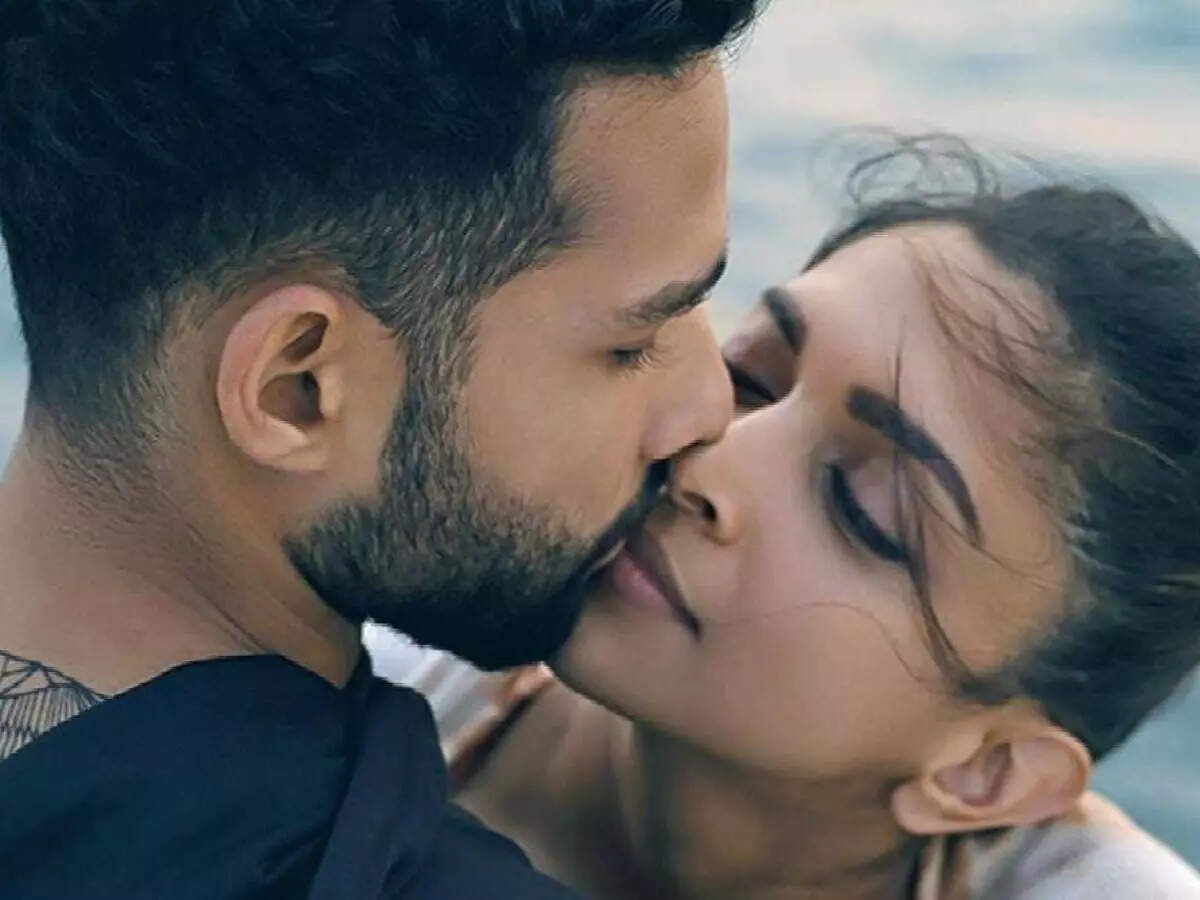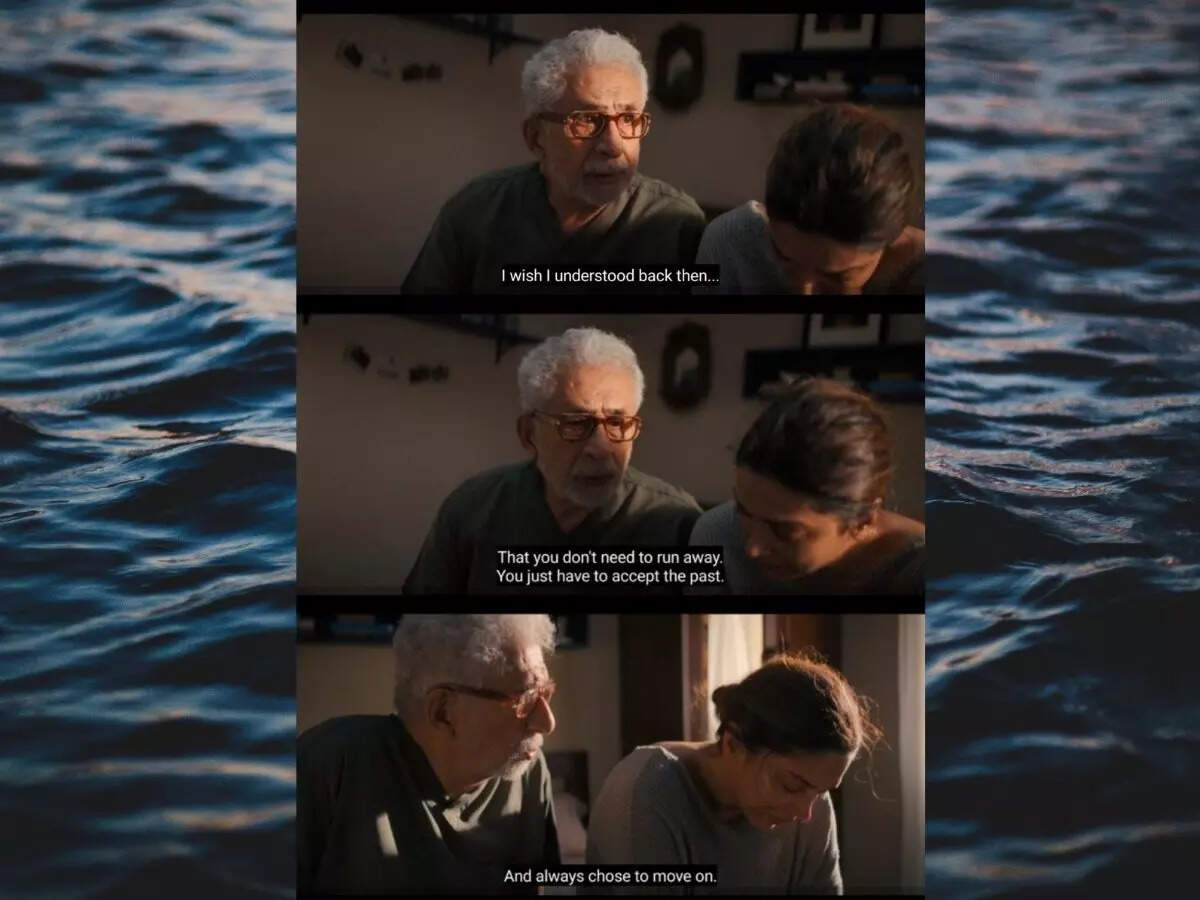
Apart from exploring adultery and complex human bonds, Director Shakun Batra’s dramatical piece also delves into the concept of childhood trauma, how it impacts one’s adult life and why there is a need to accept it and move on. The movie builds on this idea slowly – without shying away from the challenges – but coming through, with the characters stronger and more steady.
How does Gehraiyaan depict childhood trauma?
The movie revolves around the central figure Alisha Khanna, played by Deepika Padukone, who lost her mother at a young age to suicide. For a long time, she blames her father Vinod, played by Naseeruddin Shah, for her mother’s tragic end, only to unravel the real truth in the end.
The narrative dwells on how her mother’s passing, her bad blood with her father shaped her as an adult. Not only is she struggling to come through, but she also deals with a lot of anxiety, the reason why she is on pills. From being afraid of confrontations to being insecure about losing more people in her life, Deepika’s character is always ‘stuck’, unable to move on from the past, to overcome the present that she is unhappy with.

But it’s not just Alisha who grapples with childhood trauma. Siddhant Chaturvedi’s character Zain in the movie has had his share of traumatic experiences. He mentions being witness to domestic violence, where his mother was the victim, but chose to stay on in that abusive relationship. His life as an adult is therefore shaped by the way he was raised. Being poverty-stricken and subject to abuse drove him to get out of the darkness. This in turn pushed him to achieve more, strive for a greater and more prosperous life, only to lead him to his own grave.
Why is there a need to ‘talk’?
The first half of the movie touches upon the thrill and excitement of infidelity, how it helps two people be happy, almost forgetful of their traumatic pasts. But towards the end, it takes a dark turn, making the audience uncomfortable with the entire setting. This is when ‘talking’ comes in handy for the characters. After losing the love of her life, Tia, a character played by Ananya Pandey chooses to disclose the truth about her father and Alisha’s mother, how they were in an extramarital affair.
Suddenly, everything starts to make sense. Why Alisha’s father chose to leave, why he broke it off with his brother, why Alisha’s mother was unhappy and why she took her own life.
For all these years, she blamed her father for her mother’s death, but all along, he was equally a victim too.

A scene shared by Vinod and Alisha, where the father-daughter finally ‘talk’, highlights the need for communication to overcome trauma. While it may not heal a person instantaneously, it does give the power to hope.
Speaking of his wife, Alisha’s mother, and the mistakes she made in her life, Naseeruddin a.k.a Vinod in the movie, does not belittle her choices in life, rather tells his daughter to remember how she was more than just her mistakes. ”
Uski zindagi, uss ek galti se badi thi, aur tumhari bhi hai. There was so much more to her.”
When Alisha asks,”
Do my choices even matter, papa?“. He replies, ”
Ye jaane ka toh ek hi tarika hai. You give yourself a chance.”
How beautifully this scene portrayed the importance of choices. But while it may be hard to move on and choose a better life, it is a shot we must all take.